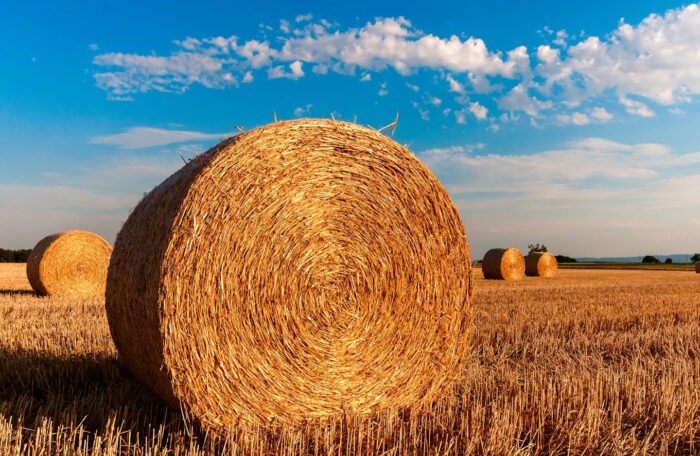Land Economy
- UCAS Code: KL41
- Campus Code: 4
- Duration: 3 years
- Places per year: 1-2
Land Economy combines law and economics with aspects of the environment, business, finance and resource management. Throughout the course you’ll study a broad range of topics including law, environmental policy and economics, and you can choose to specialise in one discipline from your second year.
For an overview of the course content, visit the Land Economy course page on the University website. For information about applying for the course at Trinity Hall, continue reading this page!

Land Economy
Looking for something specific? Use these quick links to get to where you want to go…
Studying Land Economy at Cambridge
Professor Fuerst unpacks what the Land Economy course offers and what sets it apart from other university programs.
Professor Fuerst is Professor of Real Estate Finance and Urban Economics. His research interests include ‘green’ real estate economics, financial analysis of sustainable investments, portfolio and risk management, real estate market forecasting and spatial economics.

Entry Requirements
Minimum Offer Level
A-Level: A*AA
IB Diploma: 42 points, with 776 at Higher Level
Other: See the University’s Entry Requirements page
Subject Requirements
Whilst we don’t ask for any specific subjects to apply to Land Economy, we would recommend certain subjects for a strong application:
- Economics
- Mathematics
- An essay-based subject

Admissions Process
Written Work
Applicants for Land Economy are required to submit one school essay on any subject. You do not have to send this work before applying; we will write to you after you have applied and let you know exactly what you need to send and when.
Admissions Assessment
We do not require a written assessment for this subject.
Interviews
Two interviews of around 25 minutes each.